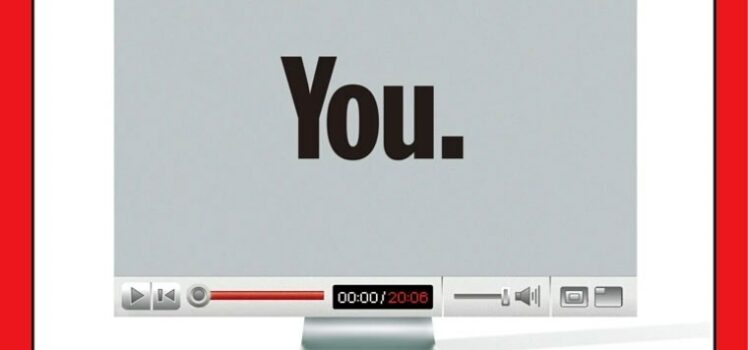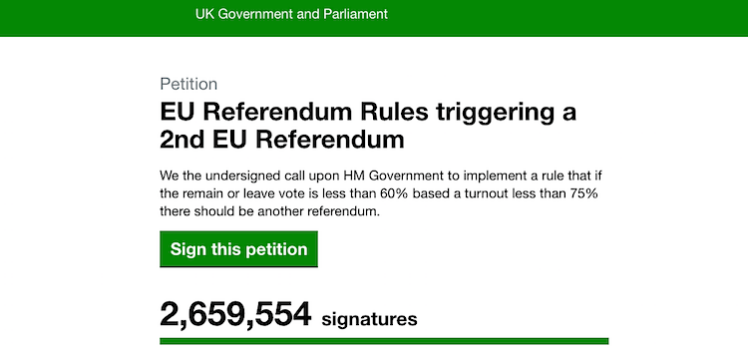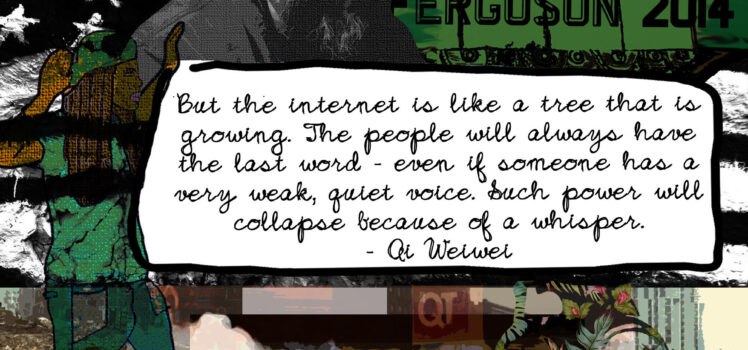When I first worked managing reader comments at NYTimes.com, the news was the subject and the comments were the reaction. But tools like Epinions and Blogger flipped the world so that the reactions became the substance. This made Mark Zuckerberg a billionaire and also led Time magazine to declare "You" the Person of the Year in 2006.
It also heralded the slow (or maybe not so slow) degradation of the line between fact and feeling in the public square. What started as inclusion—or "presence" as we called it around 1999 when we marveled that you could turn on the houselights and let the audience see each other—became disregulation, entitlement and, worst of all, another vector for the powerful to manipulate the consumers.
single Category Archives media
There should be an online upgrade of the old saying, "You can fool all the people some of the time...," one that says how easy it is to create an online campaign, but how hard it is to "reach scale," as the digerati like to say.
Unless. Unless, you have a simple, dramatic story, massive media attention, and thousands of people who feel like what's happening really matters to them.
Consumers, campaigners and champions of free speech everywhere won a huge victory last week when United States regulators voted in favor of net neutrality rules, reclassifying broadband internet in the U.S. as a "common carriage" service open to all customers.
Practically speaking, that means internet providers cannot impose a "slow lane" or a toll gate on users based on the information or sources they are trying to reach. As law professor Tim Wu, who first coined the term "net neutrality," put it, the rule "… makes it very clear to the phone and cable companies: You can’t block anything. You know, you might not like a website that says Verizon’s too expensive; you can’t block that. … you can't go around and say, 'Hey, if you don’t want to be slowed down, you need to pay us more money' … like kind of a protection scheme."


